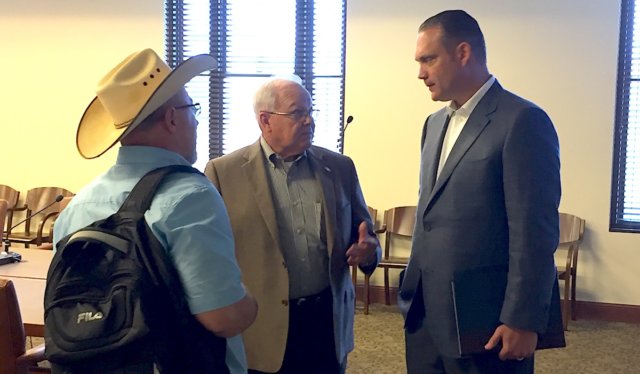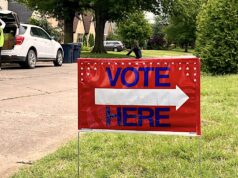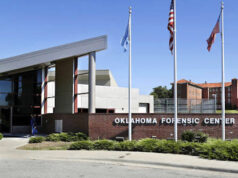
After a morning meeting of the House GOP caucus, Speaker Charles McCall (R-Atoka) said the Legislature has “a lot of options” for addressing the $215 million budget hole created when the state’s new cigarette fee was ruled unconstitutional last week.
“There shouldn’t be a special session called until there is an identified plan,” McCall said.
McCall and other GOP House members said state leaders are waiting on the two other revenue-bill-related decisions pending before the Oklahoma Supreme Court. The budget hole could be nearly doubled if the court rules against this year’s repeal of sales tax exemption on motor vehicle purchases, which was contained in HB 2433.
“We are waiting to see what the Supreme Court does on the rest of the decisions and move forward accordingly,” said new House Appropriations and Budget Chairman Kevin Wallace (R-Wellston).
Wallace and McCall both said they had met with the primary agencies affected by the cigarette fee’s demise. The budgetary hole mainly affects appropriations to three health agencies: about $70 million to the Oklahoma Health Care Authority, about $75 million to the Oklahoma Department of Mental Health and Substance Abuse Services and about $69 million to the Oklahoma Department of Human Services.
“We don’t know the full picture yet,” McCall said. “We have multiple options at our disposal.”
Wallace agreed.
“We met with the three agencies that are significantly impacted about their timeline of how long they can operate under the status quo, and all the options as far as the cash on hand — the $83 million — maybe the governor calling an emergency and utilizing some of the Rainy Day Fund,” Wallace said.
The $83 million Wallace referred to is an unexpected carryover from the previous fiscal year. If Gov. Mary Fallin declared an emergency and called a special session, leaders could also draw about $23 million from the state’s colloquially-called Rainy Day Fund to shrink the budget gap to about $109 million.
McCall said addressing the situation will be “a process.”
“There shouldn’t be a special session called until there’s an identified plan to move forward,” McCall said. “I’ve had communication from my office with the minority leader in the House, and I’ve responded to that and asked the minority leader for input from his caucus as well.”
Rep. Scott Inman (D-Del City) is the House minority leader, and he released a statement last week calling for a special session. He echoed McCall’s request for a plan to be reached first.
“With our state agencies facing more budget cuts and with even more rulings waiting, the time is now to work out a budget agreement before a special session of the Legislature,” Inman said in his statement. “By coming together now and putting a plan in place, we can save precious time and taxpayer dollars to fix the mess that their failed leadership has put us in because of their failed policies to cut taxes for the wealthy and well-connected.”
McCall committed to address the issue.
“The good news is that the agencies that have been affected by the court’s decision so far have indicated to us that they will continue to be able to operate for some time. So we’ll take a look at this and identify the best way to address it. But we will address it.”
McCall said cutting $215 million from the affected health agencies “is not an option.”
He said the worst-case scenario would be a 3.13 percent cut across the board for all agencies, although that would require reconfiguring appropriations during a special session.
“I don’t think that’s what we’ll decide to do,” McCall said.





















